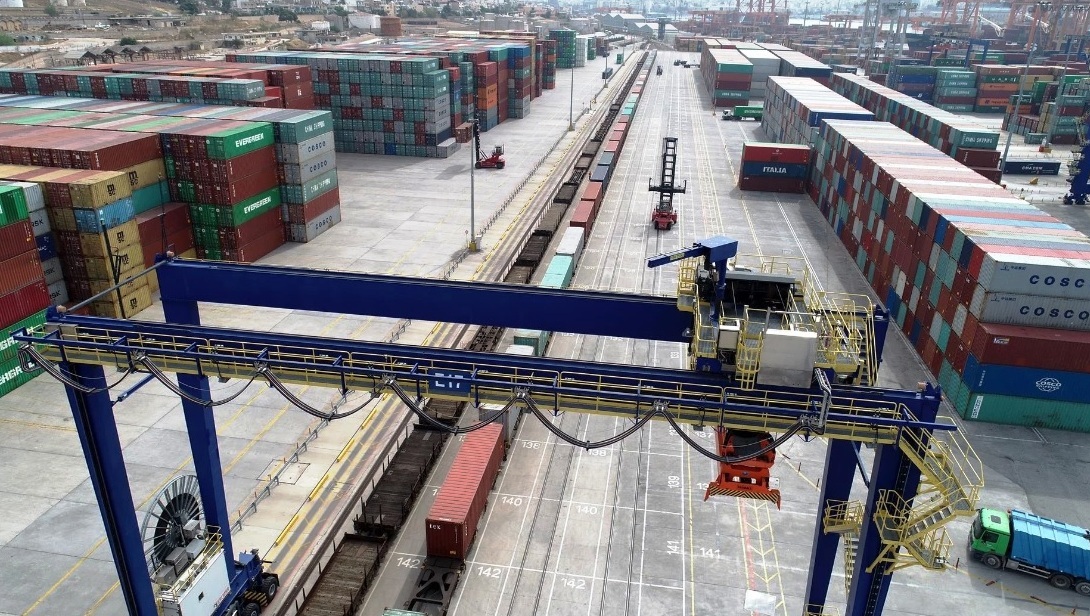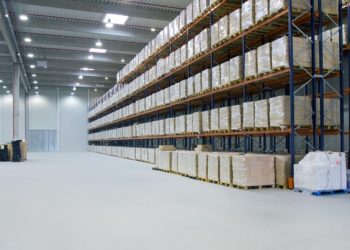On top of port congestion, skyrocketing freight rates and the prospect of Brexit chaos, UK logistics operators are also facing the increasing likelihood of critical staff shortages, according to new report from Logistics UK.
The twin challenges of the pandemic and Brexit have led to nearly 80,000 EU nationals leaving the country’s logistics industry in the past 12 months, leaving a significant skills gap, Logistics UK’s Skills and Employment Report 2020 found.
Director of policy Elizabeth de Jong said: “With a total shortage of 76,000 HGV drivers alone, Logistics UK is urging the government to take immediate action to address the long-term structural issues with the labour market to enable UK workers to step in and fill these vacancies to ensure the UK can keep trading.”
Around 2.58m people are employed by the country’s wider logistics industry, of which 10.4% were EU nationals, down from 13.5% in in the second quarter of 2019. And while 79,000 EU nationals have left UK logistics this year, representing a fall of 23.6%, an additional 85,000 UK workers joined the industry, albeit in different roles.
But, the report says: “This is not a simple like-for-like substitution of workers: for UK workers, the job increases were in lower-skilled warehousing (20,000), clerks and assistants (13,000) and higher-skilled purchasing managers and directors (18,000).
“There were substantial decreases in job totals for HGV, van and forklift drivers, as well as importers and exporters. There were 20,500 fewer HGV drivers, which is a reduction of 6.7% year on year; the number of EU HGV drivers fell 14,275 (or 36.3%), and there was a drop of 4,000 (or 1.5%) in UK nationals who are HGV drivers.
“There was an 8.6% reduction in van drivers (16,000 EU and 4,000 UK nationals) and a 21% decrease in forklift drivers (10,500 UK and 7,000 EU nationals).
“The reliance on labour from the EU within driver roles, which helped to mitigate the driver shortage in previous years, has now reversed,” it warns.
However, Logistics UK also said there were actions the government could take to remedy the looming labour shortages.
“Measures advised by Logistics UK include funding to assist with the high cost of driver qualifications, through interest-free loans or grants, reforms to the Apprenticeship Levy, so businesses can unlock funding, and improvements to driver facilities to make the career more attractive,” Ms de Jong said. “In addition, the Driver and Vehicle Standards Agency must overturn its decision to halt all HGV driving tests during the Covid-19 pandemic.
“The time for talk is over; the government must act now on these issues to secure the future of logistics,” she added.
(By Gavin van Marle, The Loadstar)















































